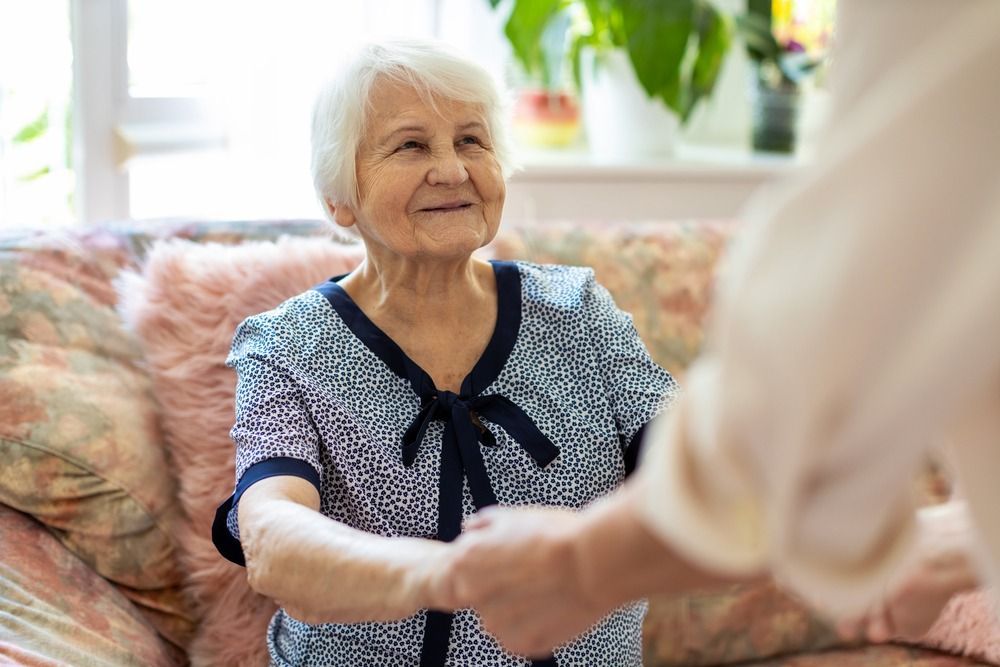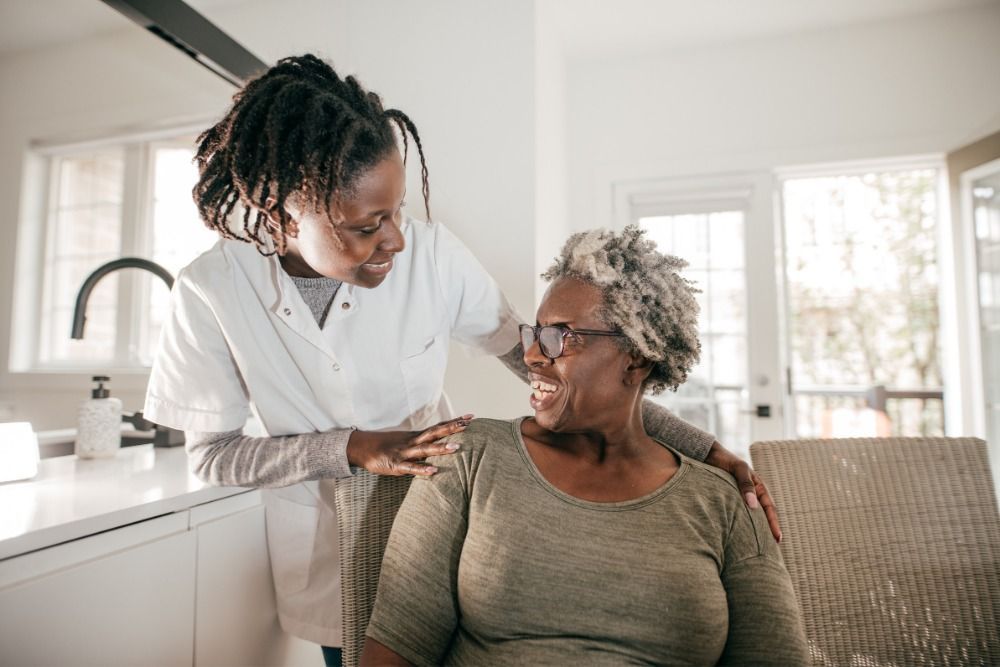Quality of Life Considerations
Download the 10 Warning Signs that Your Aging Loved One is No Longer Safe Staying at Home
Recognize The Warning Signs Before a Crisis
By recognizing the warning signs that an aging loved one is no longer able to live independently, families can help to prevent traumatic events – such as a life-changing fall – before they occur. It’s important for families to make informed decisions about their loved one’s needs before a crisis occurs.
Over 11 million seniors are living alone in the United States. For many families – especially those who live far apart – there may be few opportunities all year that they’re able to visit aging loved ones in person.
It’s difficult for aging adults to admit that they need assistance with their daily lives. Seniors are often determined to downplay problems, which is far easier to do over the phone. If you live long distance, make plans to visit your loved one in their home to observe them and their environment. Keep in mind that age-related decline can occur quickly. Knowing what to look for and recognizing the signs that a loved one is unable to safely live alone is critical.
Four Key Areas of Change to Note
During your visit to your loved one’s home, take note of any changes to the following:
- Housekeeping & Tidiness
- Diet
- Personal Hygiene & Cleanliness
- Attitude & Demeanor
It’s understandable if your loved one wants to stay in their home and maintain their independence. At a certain point, however, living arrangements may need to change for the sake of their safety and welfare.
If you’ve observed changes in your loved one, it doesn’t necessarily indicate that they need to move into a care community. In cases where housekeeping and meal preparation are a challenge, supportive services can be brought into the home. A cleaning service, meal delivery service or a few hours of in-home care can help to meet those needs.
Download the 10 Warning Signs that Your Aging Loved One is No Longer Safe Staying at Home
Related Articles



